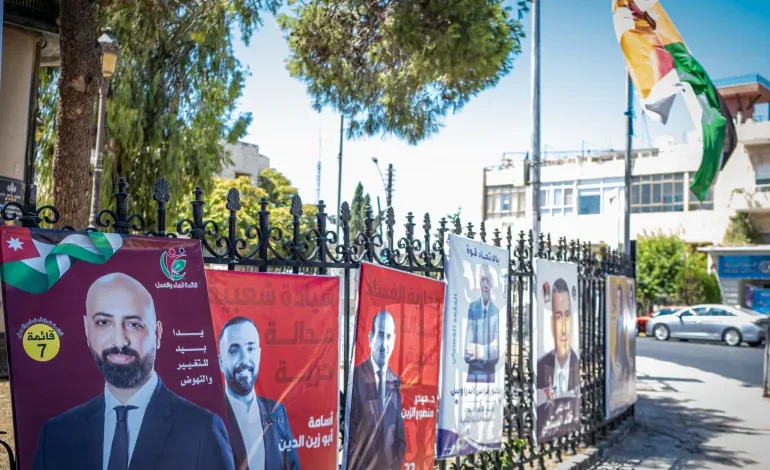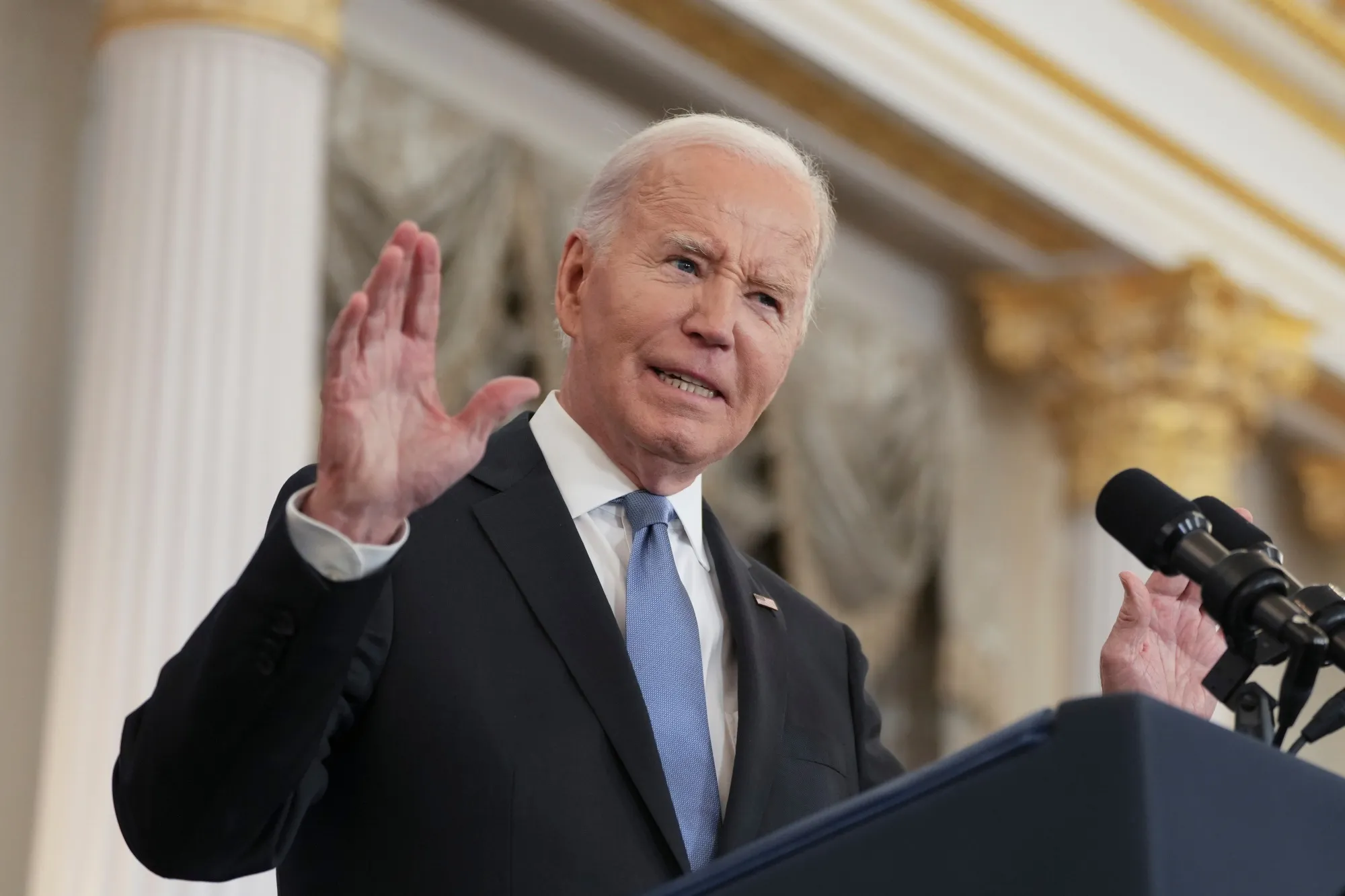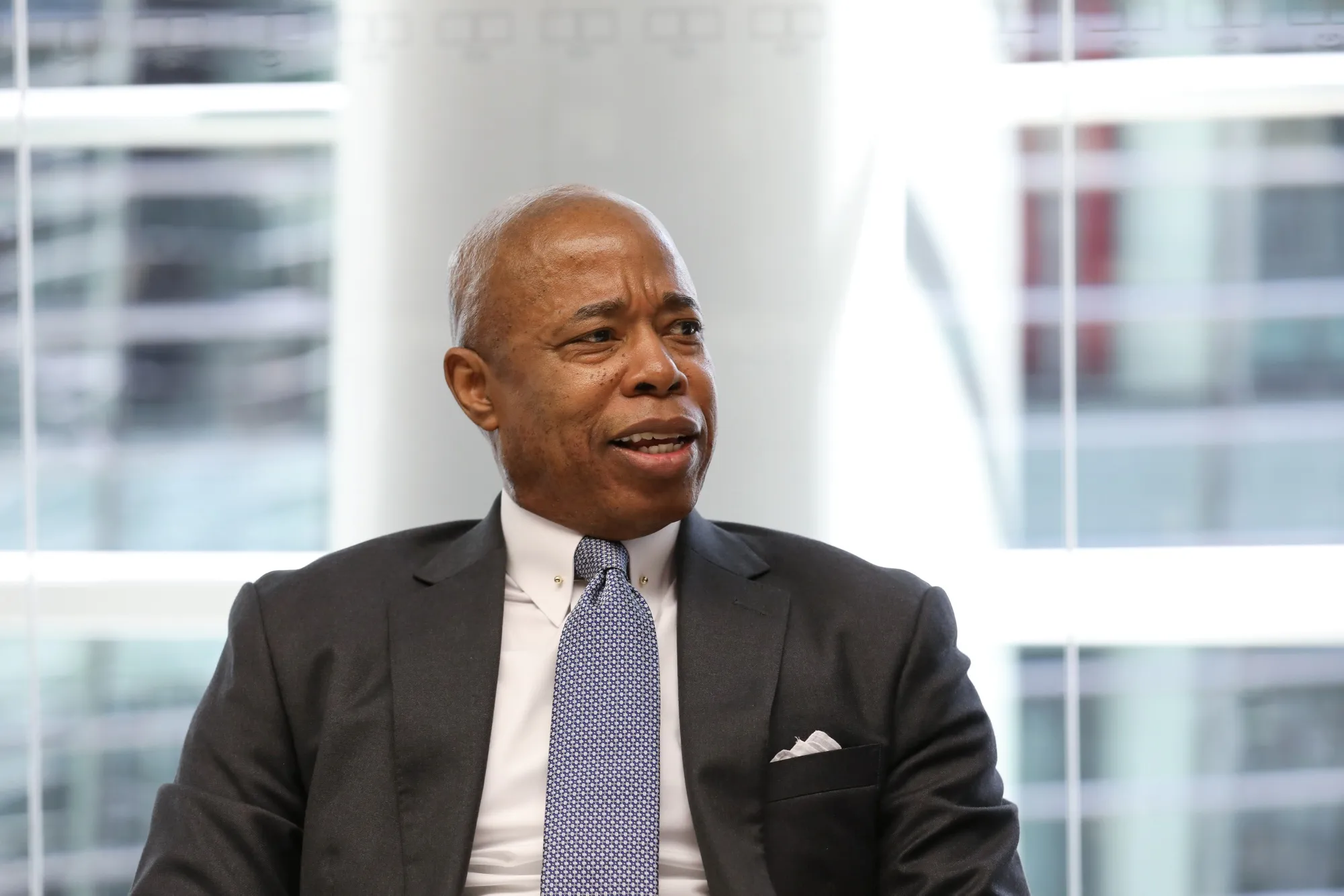Impact of Electoral Reforms on Jordan’s September 10 Parliamentary Elections

Jordan is set to hold its parliamentary elections on September 10, marking a significant moment in the country’s ongoing democratic reforms.
These elections will be the first conducted under the new laws introduced following the 2022 constitutional amendments, which aim to reshape Jordan’s political landscape by enhancing the role of political parties and addressing tribal influences in the electoral process.
The reforms, which were formalized in March 2022 after being proposed by the Royal Committee to Modernise the Political System in 2021, represent a decade-long effort to democratize Jordan’s political system. One of the key changes is the introduction of a new electoral law designed to boost the influence of political parties, which have historically played a minor role compared to tribal affiliations.
Under the new system, 97 of the 138 parliamentary seats will be contested through an open-list proportional representation (OLPR) system. This allows voters to select individual candidates from party lists, a departure from the previous 23 electoral districts system used in the 2020 elections. The remaining 41 seats will be allocated through a closed-list proportional representation (CLPR) system, where voters cast their ballots for entire party lists rather than individual candidates.
In addition to these changes, the new electoral law increases the reserved seats for women from 15 to 18, while reducing the seats for Christians from nine to seven, and for Chechen and Circassian minorities from three to two. This adjustment is part of a broader effort to enhance gender representation and reflect Jordan’s diverse population more accurately.
The electoral reforms also aim to counteract the strong tribal influence that has traditionally dominated Jordanian politics. By establishing a national district system and adjusting the allocation of seats, the reforms seek to address the imbalance between urban and rural representation. Historically, voting has been more robust in rural and tribal areas, whereas urban areas, particularly those with high Palestinian populations, have seen lower turnout.
Experts suggest that while these reforms represent a step towards greater political party participation and a more balanced electoral system, their impact on this election may be incremental rather than transformative. Factors such as the ongoing economic challenges, high unemployment rates, and regional tensions, including the recent conflict between Israel and Hamas, are expected to influence voter turnout and political dynamics.
The reforms are also seen as a move by the Jordanian government to demonstrate its commitment to democratic principles and to reassure international allies, including the United States, of its intentions to liberalize its political system. Despite these efforts, some observers believe that the parliament will remain predominantly under the influence of tribal and pro-government factions.
With input from Al Jazeera, Reuters, and the Jerusalem Post.








